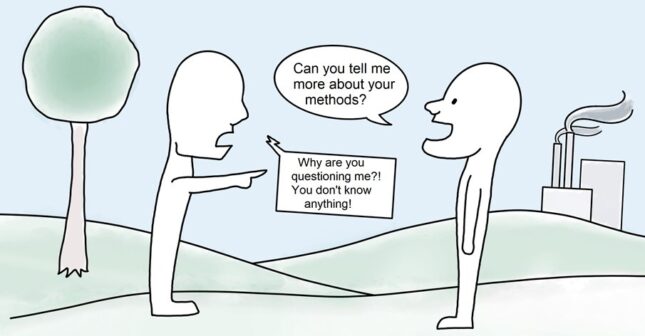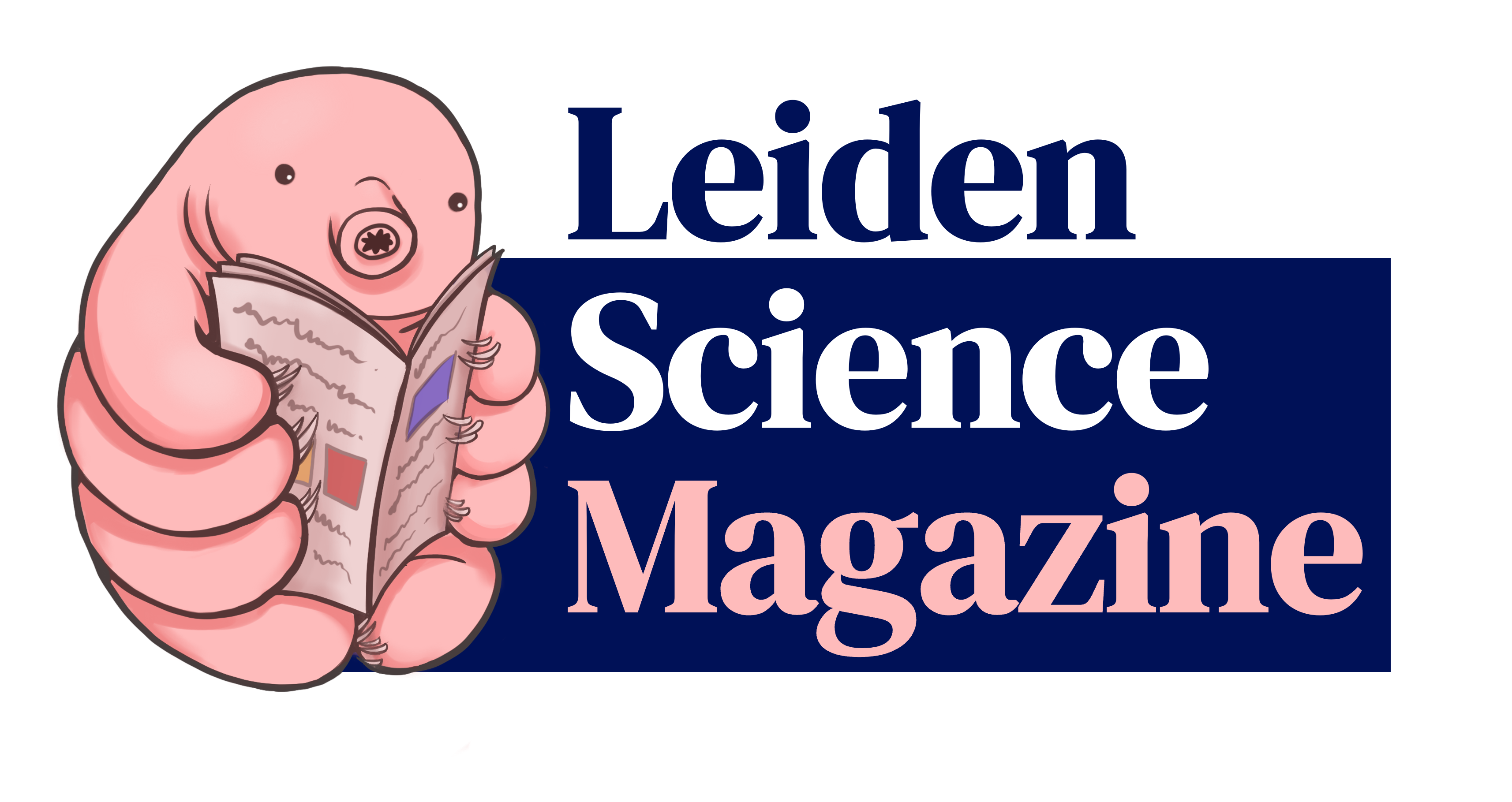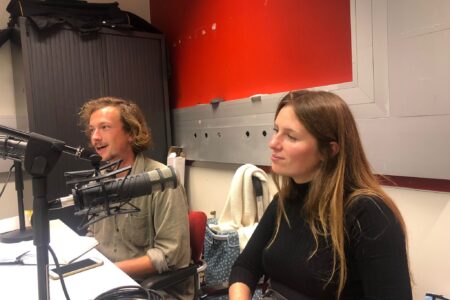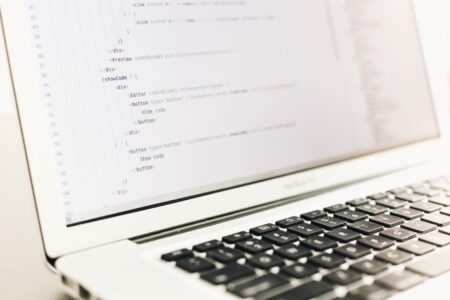Why science deniers are important
You probably know them: science deniers. People with little faith in science, who prefer to do their own research. They are often subject to ridicule, seen as stupid or at least ill-informed. But I believe science deniers are enormously important to science.
One of my favorite activities is watching reaction videos, and specifically reactions to "science deniers." People who -out of ignorance or malice- misinterpret a scientific theory; then they are completely undermined by a scientist from that field. I watch these videos from all fields of science because it's a good way to get a clear explanation from enthusiastic scientists.
And listening to criticism is of course very nice, but sometimes this kind of criticism creates a bad image of people who do believe in these theories. The comments are often full of people wondering "how people can be so stupid to fall for that."
Doubts about science
Of course, this is on the Internet, and the Internet is usually not the best reflection of real life. And these comments usually come from people who are not in the scientific community. That's why I was so surprised to hear the same mindset I so often read on the Internet during my course "On Being a Scientist." One of the most important parts was about how to use good science communication to combat science denial.
But first there needs to be good science to communicate. During the course, much was told about Questionable Research Practices (QRPs) and the big three (plagiarism, fabrication and falsification), and also about the replication crisis. Currently, many studies appear to be non-replicable, which is a major problem. In fact, according to a 2005 study by John P. A. Ioannidis, most of the published studies would be incorrect. This is mainly due to QRPs and faulty research.
Personal beliefs
A person's path to finally "turning away from science" usually begins with a particular belief within that person that is threatened by a scientific understanding. This often comes from fear of diminishing one's own situation. To consume guilt-free, you might look for a reason not to believe in climate change. And of course not every reason will be great, but I do think it's very arrogant to think that every climate denier is stupid or cannot think.
The concept of the science denier really became big during the covid crisis. During this period there was a great need for a vaccine, so many of the normal precautions had been curtailed or reduced. Anyone who expressed doubts about the vaccine was immediately written off as a science denier. But I don't think it's very crazy for people to have questions about something to be injected into their bodies. And especially not when it's a completely new technique being used.
I'm not saying that everyone who doubted the vaccine was right, but I do think that maybe we shouldn't jump to the conclusion that they don't know anything at all and are science deniers.
The scientific world is struggling with its own reliability: Questionable Research Practices, plagiarism, fabrication and falsification underlie the current replication crisis. To me, this is not the time to immediately dismiss people with doubts as ignorant. Doubts and critical questions are the very essence of scientific thought: don't shove them away, embrace them. Perhaps we should focus our communication less on facts - things people can look up for themselves - and more on methods. For example, pay attention to why and how a study is conducted. Or how exactly we go from results to a conclusion. Go back to the core of scientific thought and engage in the conversation. Questions are always an opportunity to learn more.







0 Comments
Add a comment